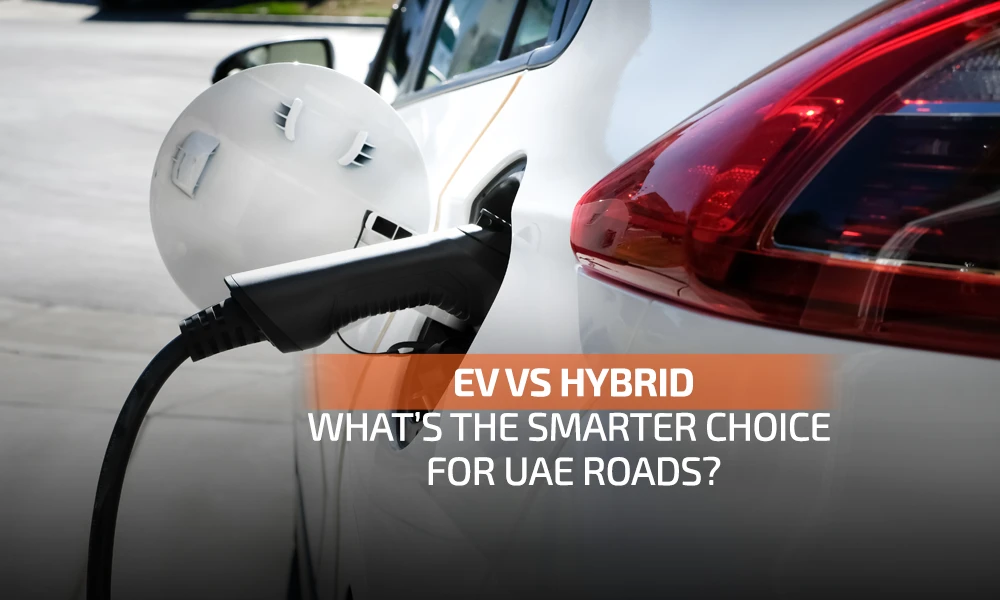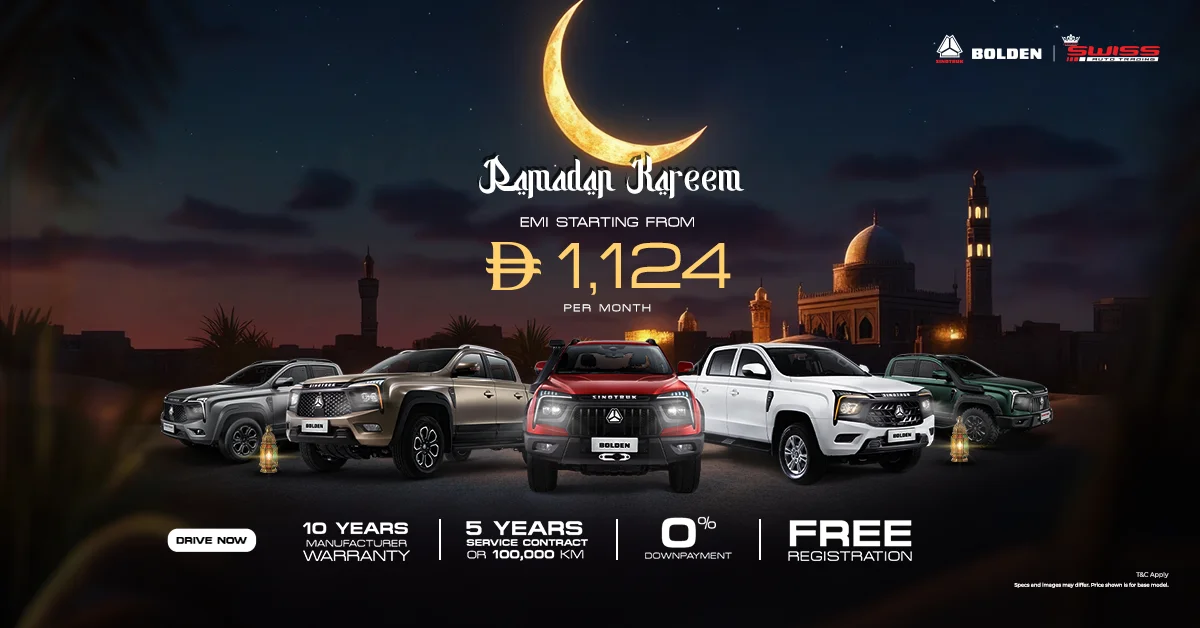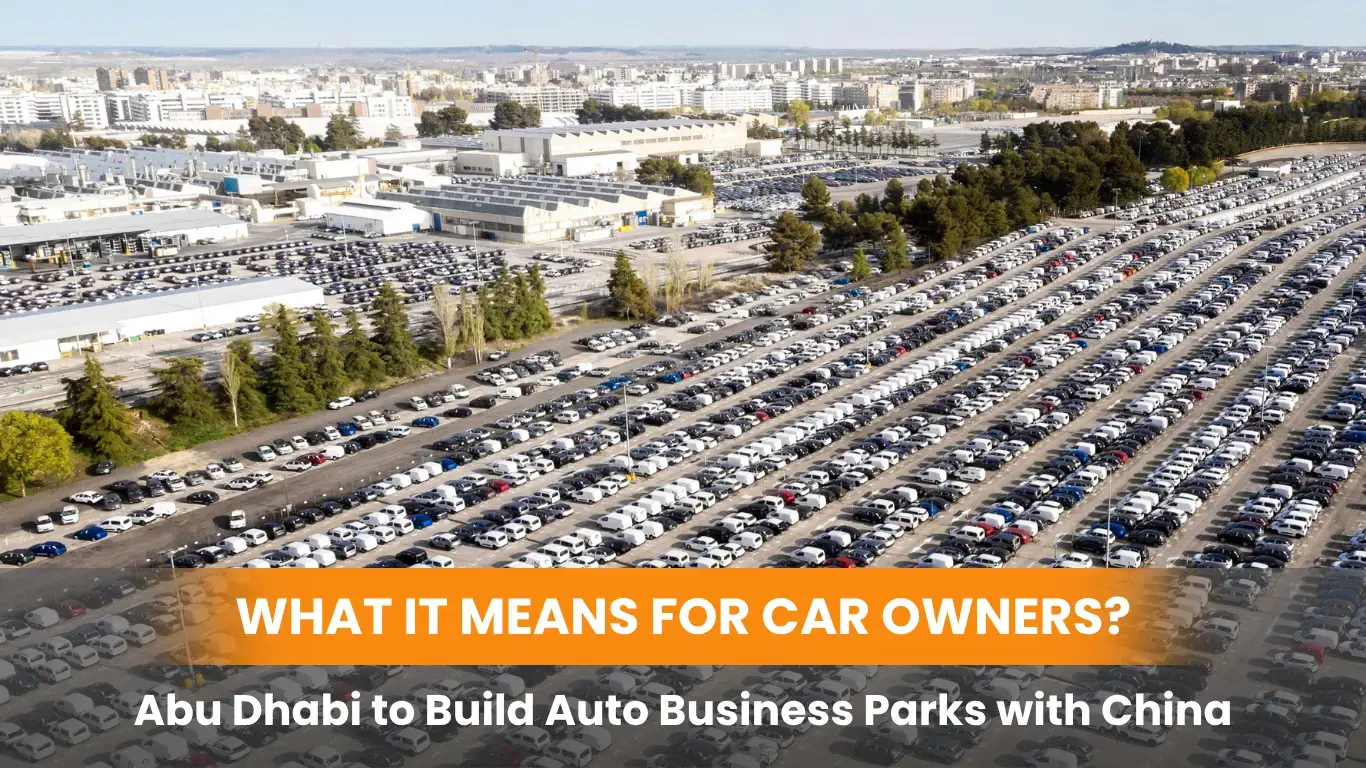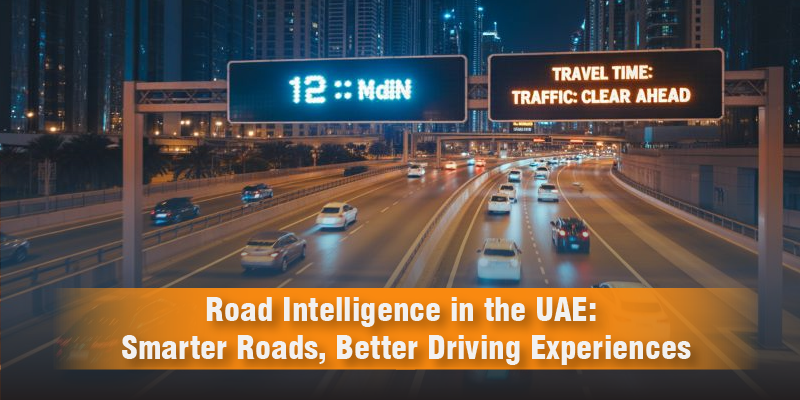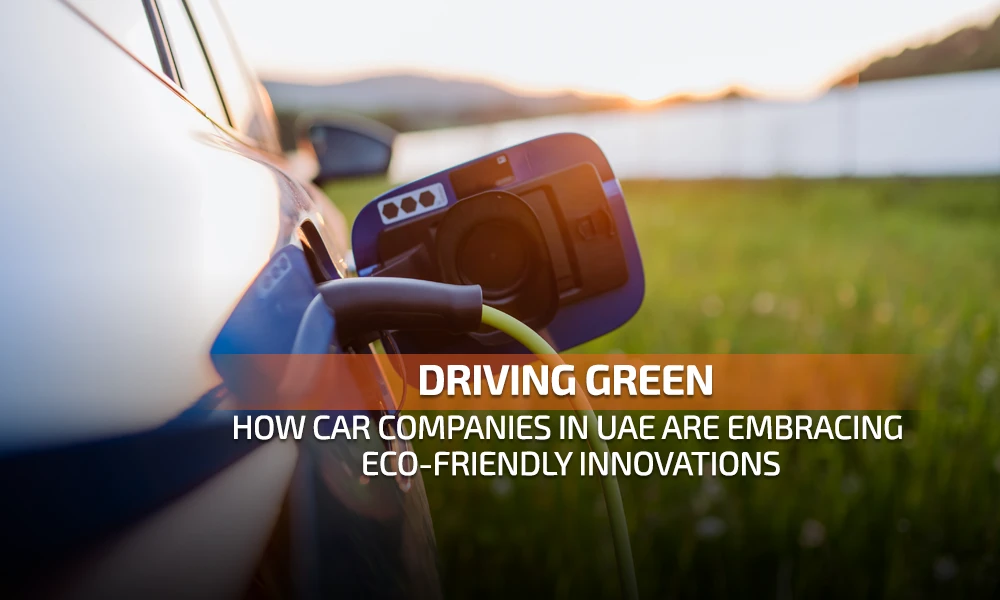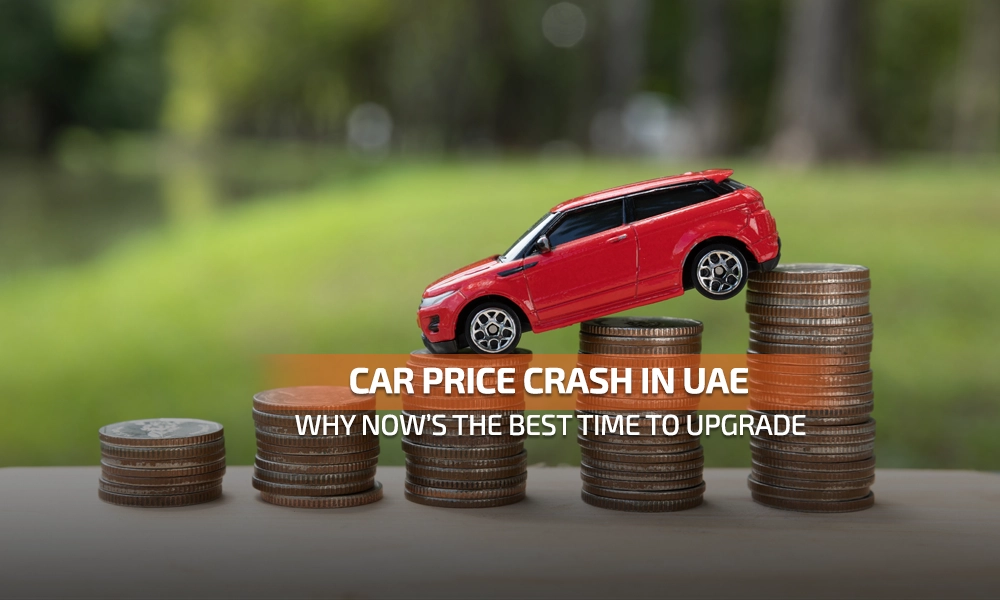Introduction: A Nation on the Move
The UAE is racing towards a greener, smarter future with a growing emphasis on sustainable mobility. As petrol prices fluctuate and eco-awareness rises, more residents are weighing the choice between EV Cars and Hybrid Cars. But when it comes to navigating the roads of Dubai, Abu Dhabi, and beyond—which is the smarter choice?
Let’s break down the pros, cons, infrastructure, and lifestyle fit to help UAE drivers make the right decision.
Understanding the Basics: EV Cars vs Hybrid Cars
What Are EV Cars?
EV Cars (Electric Vehicles) run solely on electric power, using high-capacity batteries charged via external power sources. They emit zero emissions, are quieter, and offer a futuristic driving experience.
What Are Hybrid Cars?
Hybrid Cars combine a petrol engine with an electric motor. They can switch between or use both power sources, offering better fuel economy and lower emissions than traditional cars—without relying completely on charging infrastructure.
Source: BYD UAE: Electric vs Hybrid Cars
Charging & Refueling in the UAE: Where Convenience Meets Infrastructure
The Rise of EV Charging Stations
The UAE has rapidly expanded its charging network. Initiatives like the Green Charger by DEWA and new EV apps have made charging EV Cars more accessible.
- How to Find the Best EV Charging Stations Near You
- UAE Powers Up: New EV Charging Traffic App Launched
Still, charging time and availability in rural areas are factors to consider.
Fuel Stations Are Everywhere – A Hybrid Advantage
For Hybrid Cars, fuel refilling is never an issue. While they also offer regenerative braking and limited electric driving, their reliance on petrol makes them convenient for longer journeys or remote areas.
Source: SouEast UAE Blog: EV vs Hybrid
Performance on UAE Roads
EV Cars in Urban Environments
EVs shine in city driving—instant torque, silent operation, and fewer moving parts mean less maintenance. For daily commutes in Dubai or Sharjah, EV Cars are a smooth, cost-effective option.
Hybrid Cars for Versatility
Hybrid Cars offer flexibility—ideal for long drives across the desert or road trips between Emirates. You get excellent mileage and peace of mind, even if charging stations are far.
Cost Comparison: Upfront vs Long-Term
EV Cars – Higher Initial Cost, Lower Running Costs
While EV Cars may come with a higher price tag, the savings over time in fuel and maintenance are significant. Government incentives like free parking and Salik exemptions add more value.
Hybrid Cars – Mid-Range Investment with Balanced Savings
Hybrid Cars offer a balanced approach—affordable pricing, good fuel economy, and fewer emissions than petrol vehicles. However, they don’t enjoy the same government perks as EVs.
Eco Impact: Driving Towards Zero Emissions
If you’re truly eco-conscious, EV Cars are the clear winner. With zero tailpipe emissions, they’re the UAE’s key to achieving carbon-neutral mobility goals, aligning with the nation’s UAE Net Zero 2050 vision.
Hybrid Cars are better than traditional engines but still emit CO₂. They’re a good transitional choice, but not the final destination.
Technology & Innovation
EV Cars Lead the Tech Frontier
Modern EV Cars come loaded with smart features—autonomous driving, over-the-air updates, and advanced battery management systems. Brands like Tesla, BYD, and BMW are redefining what’s possible.
Hybrid Cars Are Evolving Too
Today’s Hybrid Cars are smarter, more efficient, and packed with driver-assist technology—but they still rely partially on combustion.
Lifestyle Fit: Which One Suits You?
| Lifestyle Type | Best Fit | Why |
| City Commuter | EV Cars | Easy access to chargers, low running cost, smooth driving |
| Frequent Traveler | Hybrid Cars | No charging anxiety, great for long drives |
| Eco-Warrior | EV Cars | Zero emissions, aligned with sustainability goals |
| Budget-Conscious | Hybrid Cars | Affordable entry, balanced cost savings |
What Are UAE Drivers Saying?
Consumer trends in the UAE show a growing tilt toward EV Cars, especially among younger, tech-savvy buyers. Yet Hybrid Cars remain popular for their practicality and ease of transition from petrol.
Future Outlook: UAE’s Green Auto Vision
The UAE is investing heavily in clean mobility infrastructure. With more than 1,000 EV charging stations and smart mobility zones across Emirates, EV Cars are expected to become mainstream by 2030.
However, Hybrid Cars will continue to play a major role, especially as automakers launch plug-in hybrids and ultra-efficient models tailored to GCC climates.
FAQs
1. What’s the main difference between EV Cars and Hybrid Cars?
EV Cars run only on electricity, while Hybrid Cars use both fuel and electric power.
2. Are EV Cars suitable for long drives in the UAE?
Yes, but charging station availability should be considered for longer trips.
3. Do Hybrid Cars require charging?
No. Most Hybrid Cars recharge through regenerative braking and the petrol engine.
4. Are EV Cars cheaper to maintain than Hybrid Cars?
Yes. EV Cars have fewer moving parts and no engine oil, reducing maintenance costs.
5. Which is more eco-friendly: EV Cars or Hybrid Cars?
EV Cars produce zero emissions, making them the greener option.
6. Do EV Cars qualify for any UAE government incentives?
Yes. EV Cars often enjoy free parking, toll exemptions, and tax benefits in the UAE.
7. Are Hybrid Cars better for rural or remote areas?
Yes. Hybrid Cars don’t rely on charging stations, offering better flexibility.
8. Can I save fuel with a Hybrid Car in city traffic?
Absolutely. Hybrid Cars switch to electric mode at low speeds, saving fuel.
9. What’s the resale value like for EV Cars in the UAE?
EV Cars are gaining resale value as demand and infrastructure grow.
10. Which is better for first-time green car buyers in the UAE?
Hybrid Cars are a great transition, but EV Cars offer the most sustainable future.
Conclusion: The Smarter Choice Depends on You
So—EV vs Hybrid: What’s the smarter choice for UAE roads?
If you’re ready to fully embrace clean, modern tech with long-term savings and urban ease, go for EV Cars. But if you want flexibility and instant usability without relying on chargers, Hybrid Cars are a reliable bridge to the future.
Either way, the UAE is ready for both.

